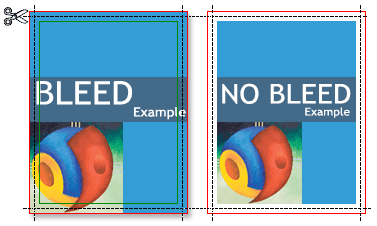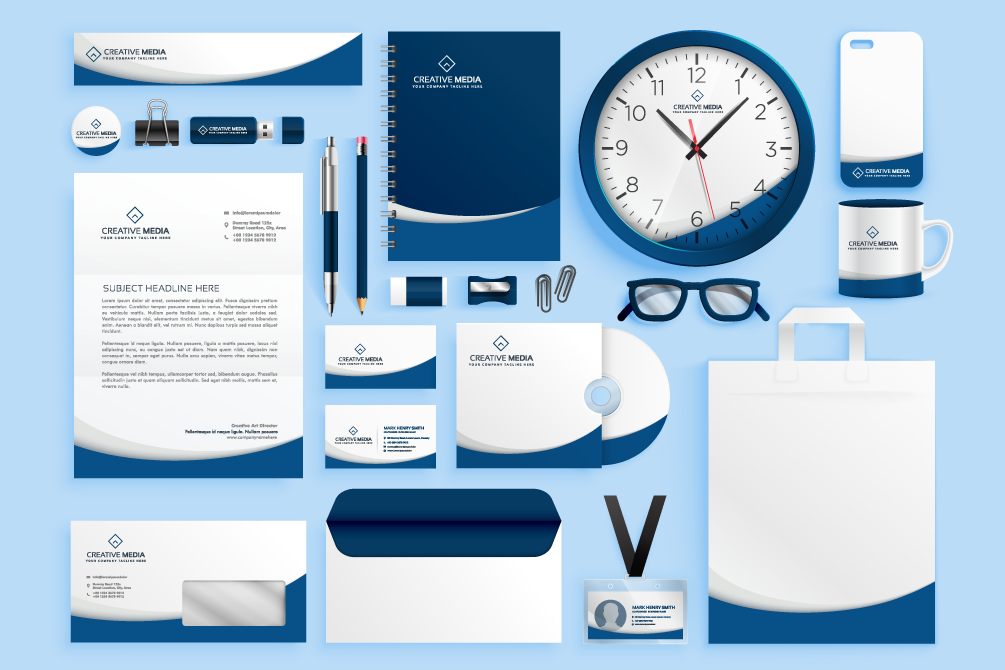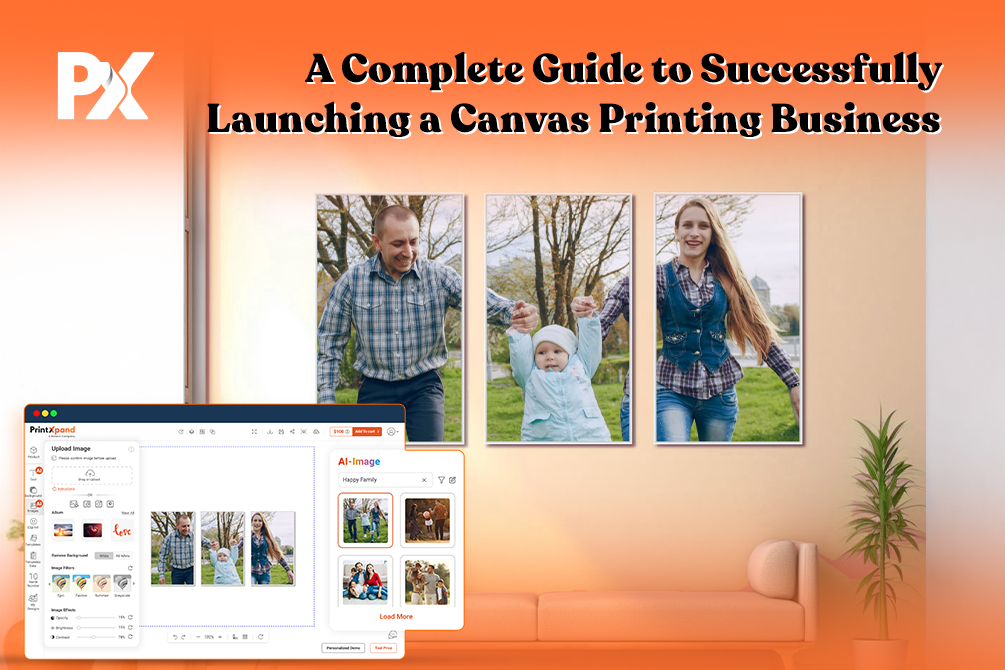Making mistakes is part and parcel of our everyday lives. Regardless of which business you are running, it is okay to make mistakes; however you must take some learning from them. Similarly, even in the printing industry, print owners are very likely to make mistakes, because the industry is huge and thanks to technology, today it is flourishing like never before.
In this article, we will include one important part of the printing process – Print Files. Now they are available in different formats. One mistake and your final print will get ruined. So, this article talks about some common print file mistakes you are likely to make and how you can avoid them.
The intervention of technology made the printing process fast and easy, but a bit difficult to learn. Most print owners suffer and it is challenging to learn new printing file formats, new software, and new methodologies of working. Understanding and addressing common challenges in printing, such as file format issues, is crucial for achieving high-quality results. Just like maintaining battery health is essential for keeping devices functional, taking care of your printing processes ensures efficiency and longevity in your business operations.
Without a further ado, let’s begin:
Poor Image Quality:
Quality of the image has a huge role to play in the printing process. The type and quality of image you have on the computer have to be the same in final prints. While choosing the images, make sure that the quality and resolution is perfect. Because better quality images will yeil great print results. Now when we say that how to deal with poor quality images,the pixel size of the image matters the most. So, before sending your files for prints, always check the resolution of the image and try to adjust it as per the specified inputs. This will help you avoid poor quality images.
Not Including Bleed Area:
Bleeds play a vital role in the printing process no matter what you are printing and excluding them is not a good solution. The bleed is the artwork which needs to go via document edges. You need at least 3 mm of space for bleed and if you are using large format items, you will need more room. Bleed for business cards while printing also needs to be at proper dimensions. Leaving improper bleeds will leave white borders in the final print and there won’t be proper prints on your products. For example, business card bleed size needs to be appropriate; otherwise it will mess up the final paper print.

(Source)
Below the image shows the difference between perfect bleeding and no bleeding. Make sure to keep at least some room for the proper bleeds for business cards, so that the final prints are proper.
Image resolution and Spelling Errors:
Resolution means collection of tiny dots which makes images. It is usually measured as pixel per inch but while printing you need to measure it as dots per inch i.e. DPI. When you print the images and if they turn out to be blurry, you need to higher the resolution of the image which makes it sharper and turns into better printed images. Usually, 300 DPI is a standard resolution for printing, but make sure that the resolution of the image stays standard while transferring files.
Another important thing you need to remember when sending your files for printing is thoroughly checking it and resolving any spelling or grammatical errors. These errors are easy to notice and do not reflect nicely on your company’s part or sales. Thus, it is essential to check grammar of your files either manually or by online tools to ensure that they are error-free before printing.
Improper Position of Texts, Graphics, and Borders:
Before sending files for printing you need to make sure that images, graphics, texts, are at the proper aligned space. If the placements of these things are not proper in the defined margin, it can cause improper printing and in the final print things will be trimmed out. For example, for business card safety lines, the final print will be perfect without the struggle of design being trimmed or cut.
Difference between Size of Art-board and Design:
When you print file the art board or canvas must have the similar edges of your print design so that it is easy for the printer to create print marks. Using templates will help you define the size of the art board and design perfectly. Additionally, proper designing will help you to have a perfect final design and prints.
Incorrect File Formats:
One of the common mistakes which print owners often make is having wrong file formats. For the print projects avoid the .png and .gif file formats as they are only for your computer and they are measured in PPI. For final printing, you will need to send them in pdf format with DPI measurements which makes it easy for you to print and final designs are perfect.
Using RGB instead of CMYK:
To avoid the color difference between your on-screen and print design, create your designs in CMYK mode. Make sure that any images which you put in the file are CMYK only as printers are tuned to follow this four color pattern. Also for business prints, make sure to keep track of the business card safety line, as they are one of the most important aspects to take care of.
Fonts aren’t Embedded or Outlined:
When you are creating your PDF file for printing, make sure that it has embedded outlined fonts. Usually, while creating a PDF it embeds the font by default but it’s better to cross check it once. If you are outlining your fonts make sure that the client owns them and you can edit them when and where needed.
Saving Black and White Colors in other Formats:
One of the common printing mistakes which print owners make is the variation in color. If you want to include black and white images then do not save them as colored images. They might receive the color during the printing process and not be able to identify, save, or convert it. Before final printing, make sure that you have understood the need of the client and then send them for printing.
Conclusion:
When you are just starting out the printing process, mistakes tend to happen. Once you have understood your printer and its specifications, you can easily define and decide which are the exact things required to have glitch free printing outputs!
Apart from handling print files if you want to provide your customers with something better, you can opt-in for the Product Design Tool from PrintXpand. When stepping up with technology, this tool can be integrated with your eCommerce store. Integrating this tool will let your customers easily create their own custom designs from anywhere at any time. The easy navigation and appealing UI/UX makes it easy to quickly learn and create designs.
If you are looking to provide your customers with the best possible customer service and stand out from the competition, you can reach out to us.
Take a product tour of the Product Design Tool to explore all the features.
All product and company names are trademarks™, registered® or copyright© trademarks of their respective holders. Use of them does not imply any affiliation with or endorsement by them.






